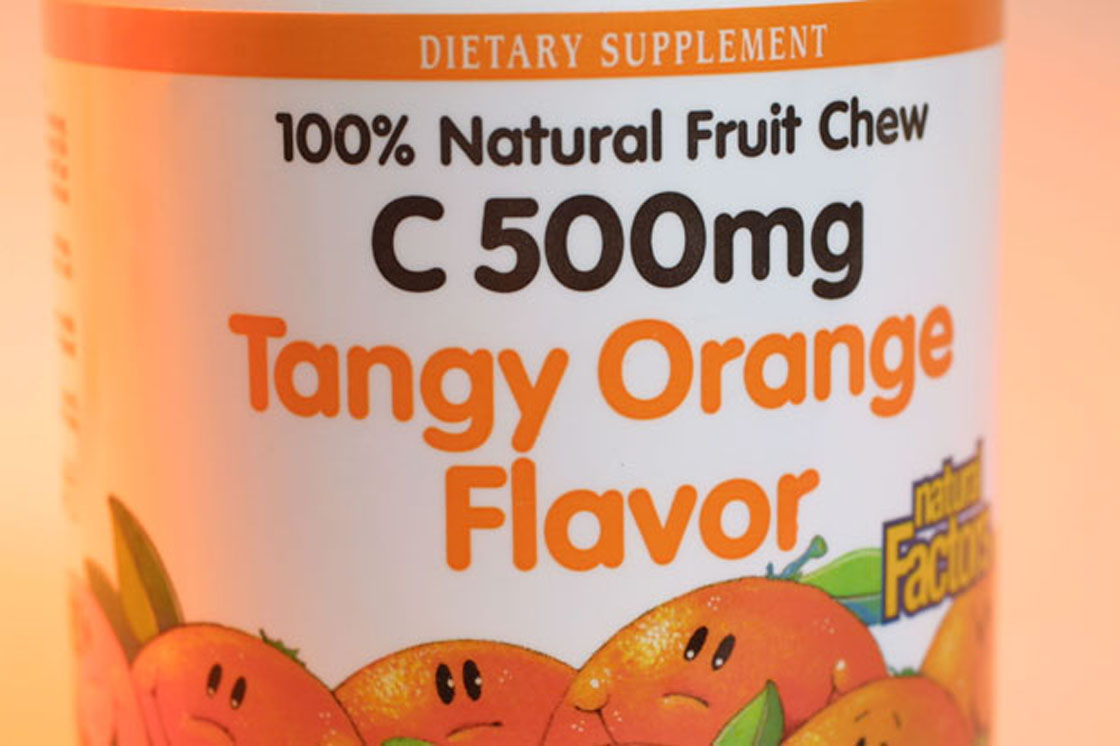TORONTO – Swedish researchers last week warned men that taking a daily vitamin C supplement doubled their risk of developing kidney stones.

That’s a pretty painful condition for trying to do some good for your health.
Splashed across the Internet were headlines that warned ‘Taking vitamin C every day doubles the risk of kidney stones.’
Global News looks at the study findings, counter-arguments and the verdict from two Canadian doctors.
The study’s findings:
Swedish researchers at the Karolinska Institutet in Stolkholm looked at the medical data of 22,000 middle-aged and elderly men. The subjects answered a series of questions on their diet and life, and were tracked for about 11 years, according to the U.S. National Library of Medicine.
The analysis included 907 men who said they took vitamin C tablets every day.
The supplements contained about 1,000 milligrams. To put that in perspective, the Daily Mail notes that a glass of fresh squeezed orange juice has about 120 milligrams.
Results showed that the group of men who consumed vitamin C pills daily had higher rates of developing kidney stones. About 3.4 per cent of the men had kidney stones in their lifetime compared to 1.8 per cent of non-supplement users.

Get weekly health news
Sound bite: “It has long been suspected that high doses of vitamin C may increase the risk of kidney stones,” lead researcher Laura Thomas said in media reports.
The counter-argument:
Doctors questioned the direct link between vitamin C and kidney stones, suggesting that the findings don’t necessarily prove that the vitamin triggers stones to form.
Sound bite: “I don’t think I would hold this up and say, ‘You shouldn’t take vitamin C, and here’s the evidence,’” Dr. Brian Matlaga told NLM. He is a urologist at Johns Hopkins Medicine in Baltimore.
Our experts weigh in:
The alarming findings may upset Canadian consumers but they don’t surprise Dr. Rena Mendelson, a nutrition professor at Ryerson University with more than 40 years of experience in the field.
“This study is very well controlled and it’s a very large population so that makes it a very compelling piece of work,” she told Global News.
“It’s demonstrating something that is quite logical and something we could have predicted.”
She notes that health guidelines typically recommend about 80 milligrams of vitamin C a day. A single orange tablet in Canada contains between 500 and 1,000 milligrams.
“It’s way too much,” she said.
Your body and your body’s tissues will absorb the vitamin C that it needs and the remaining portions are excreted in urine as oxalate. Keep in mind that kidney stones are made up of tiny crystals of calcium build up, excess minerals and oxalate derived from vitamin C.
Vitamin C is primarily used as a building block for keeping your body’s skin tissues healthy. Without sufficient amounts of the vitamin, your teeth, gums and tissue repair will feel the effects.
But vitamin C deficiency, such as developing scurvy, is hard to come by.
“Anybody who is consuming two or three fruits a day is getting all the vitamin C they need. Adding more doesn’t enhance health in any way and may lead to risks associated with kidney stones,” Mendelson said.
She says consumers are often misinformed about vitamin C supplements. They think it helps stave off colds during the winter season, but that’s not the case. It’s similar to an antihistamine so it might ward off side effects of cold once the illness has arrived but it won’t defend against cold, she explained.
For the most part, she suggests Canadians don’t need the supplement. But for others, she especially warns against it:
“If there’s a family history or any evidence that somebody’s had a kidney stone, I’d absolutely avoid vitamin C supplements,” she said.
Global National health specialist Dr. Ali Zentner echoed Dr. Mendelson’s sentiments.
“We’re seeing more and more arguments against supplements. I don’t think Canadians need to be taking vitamin C supplements,” she said.
Focus on eating the nutrients you need, the doctor recommends.
carmen.chai@globalnews.ca
Follow @Carmen_Chai







Comments